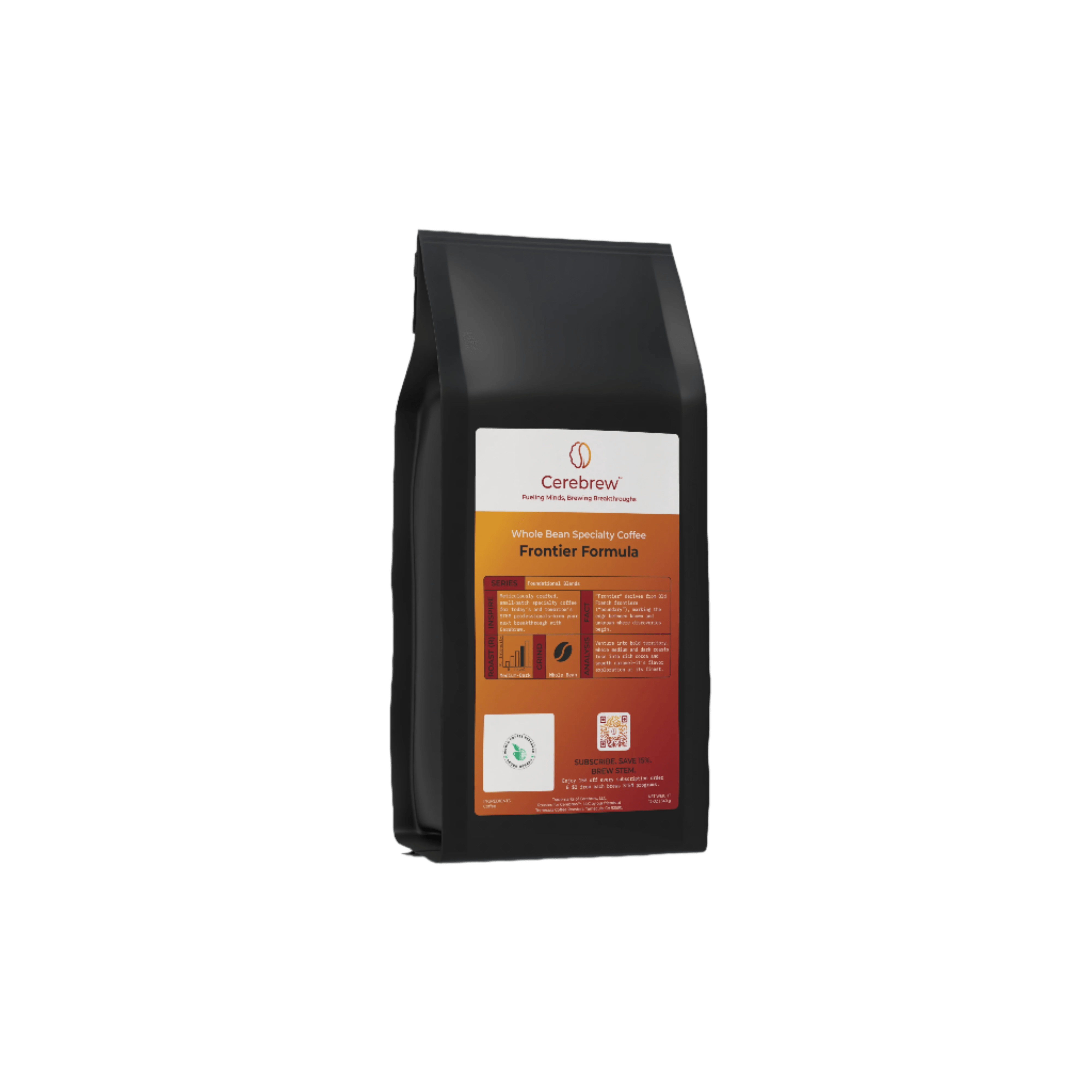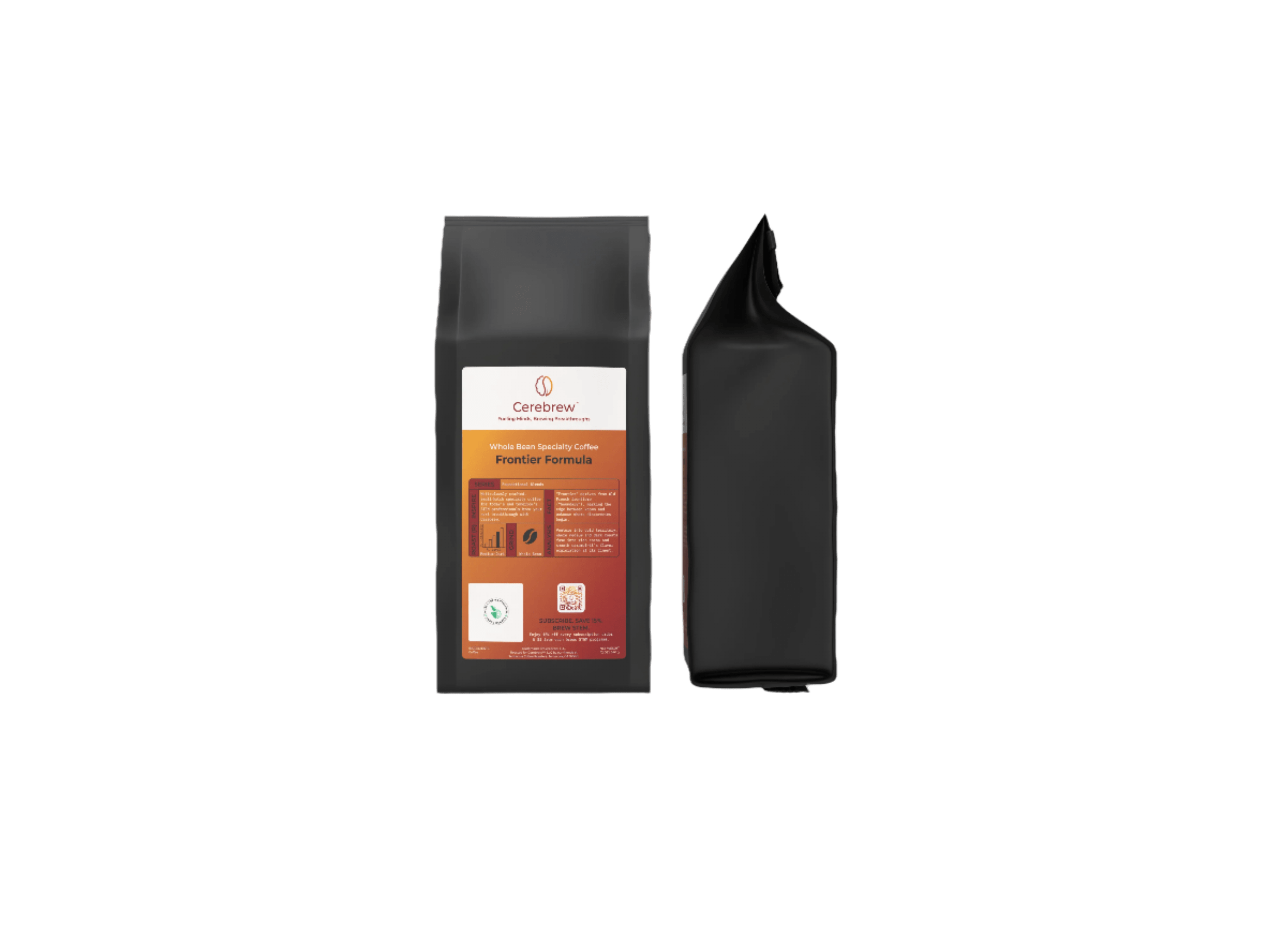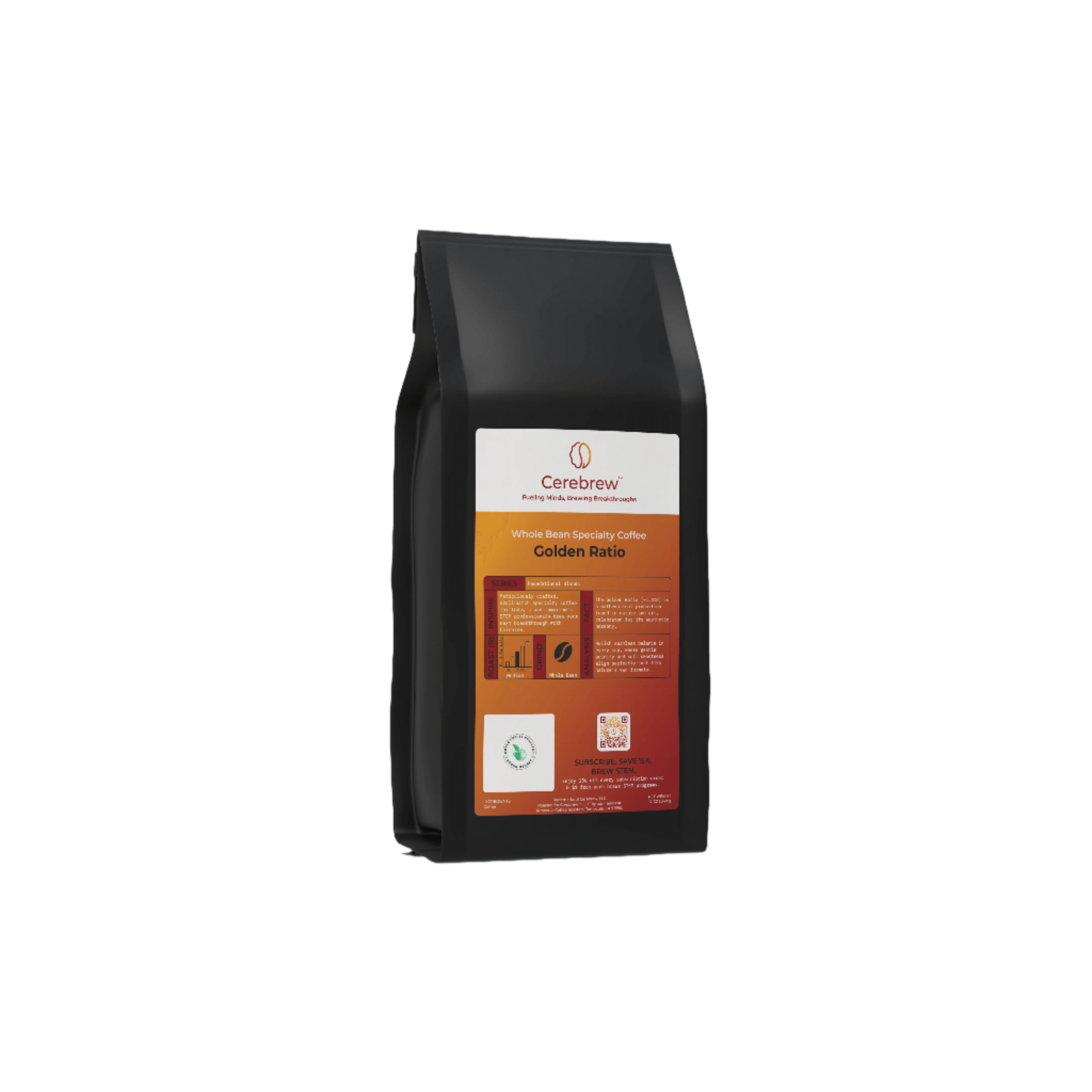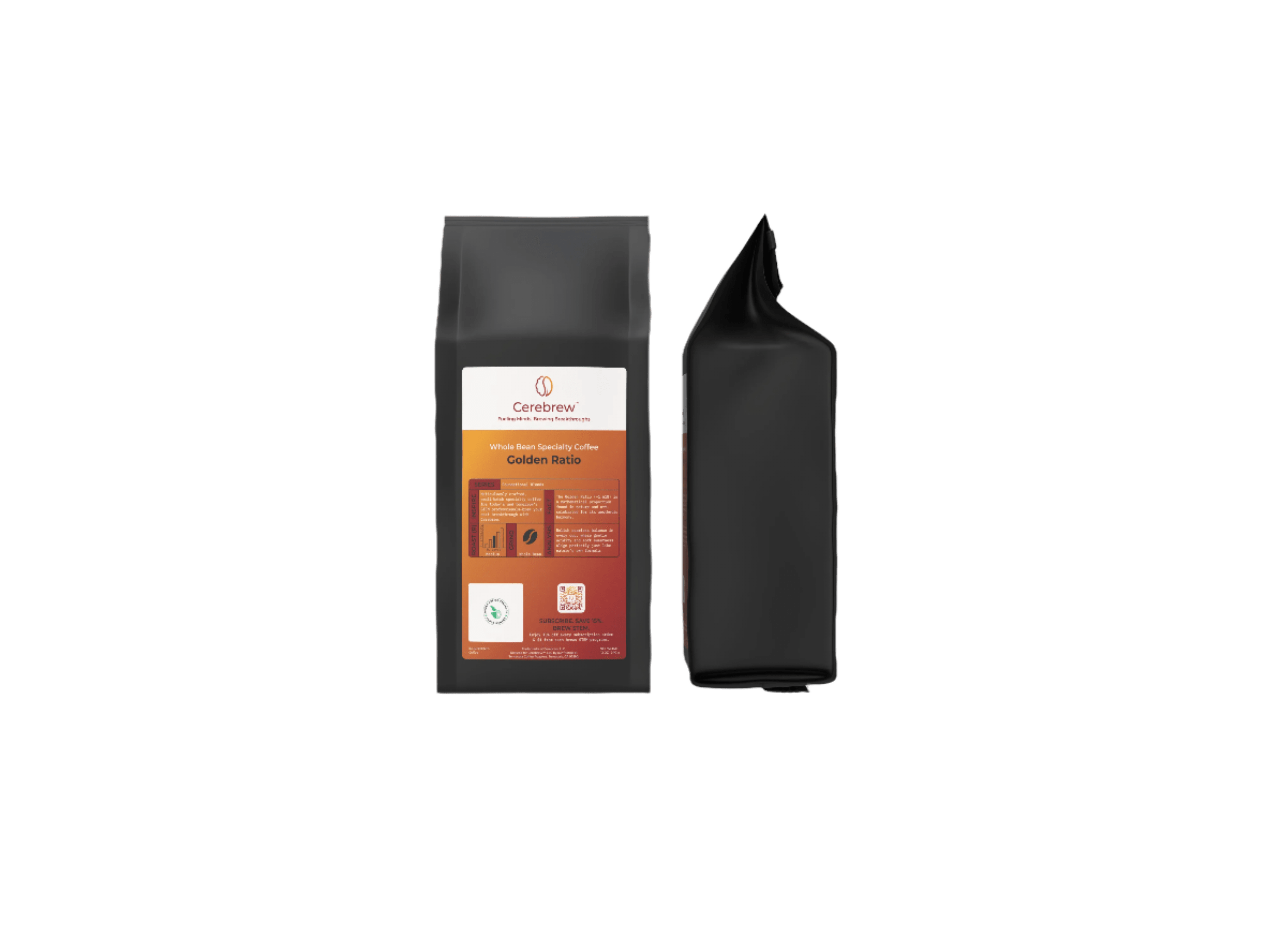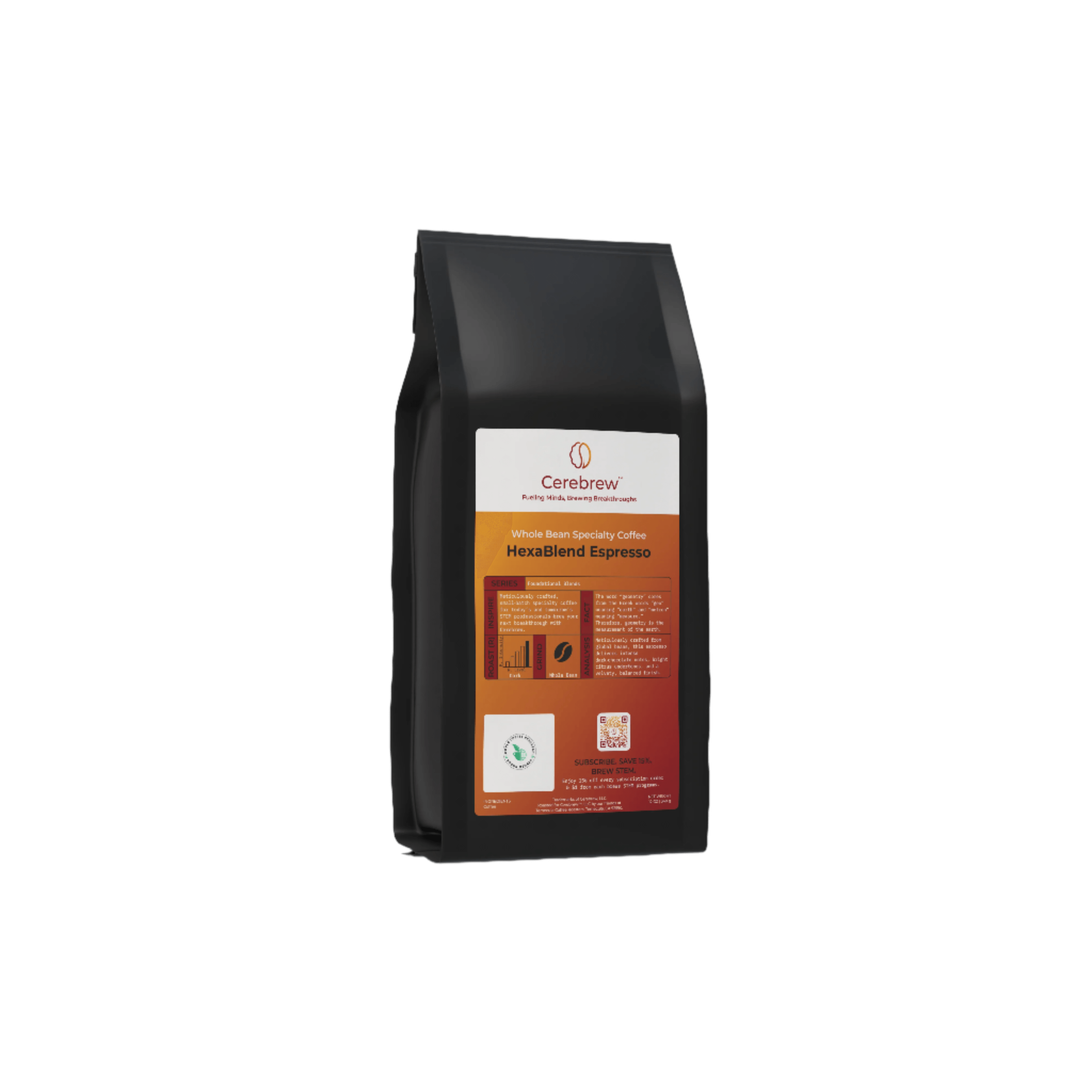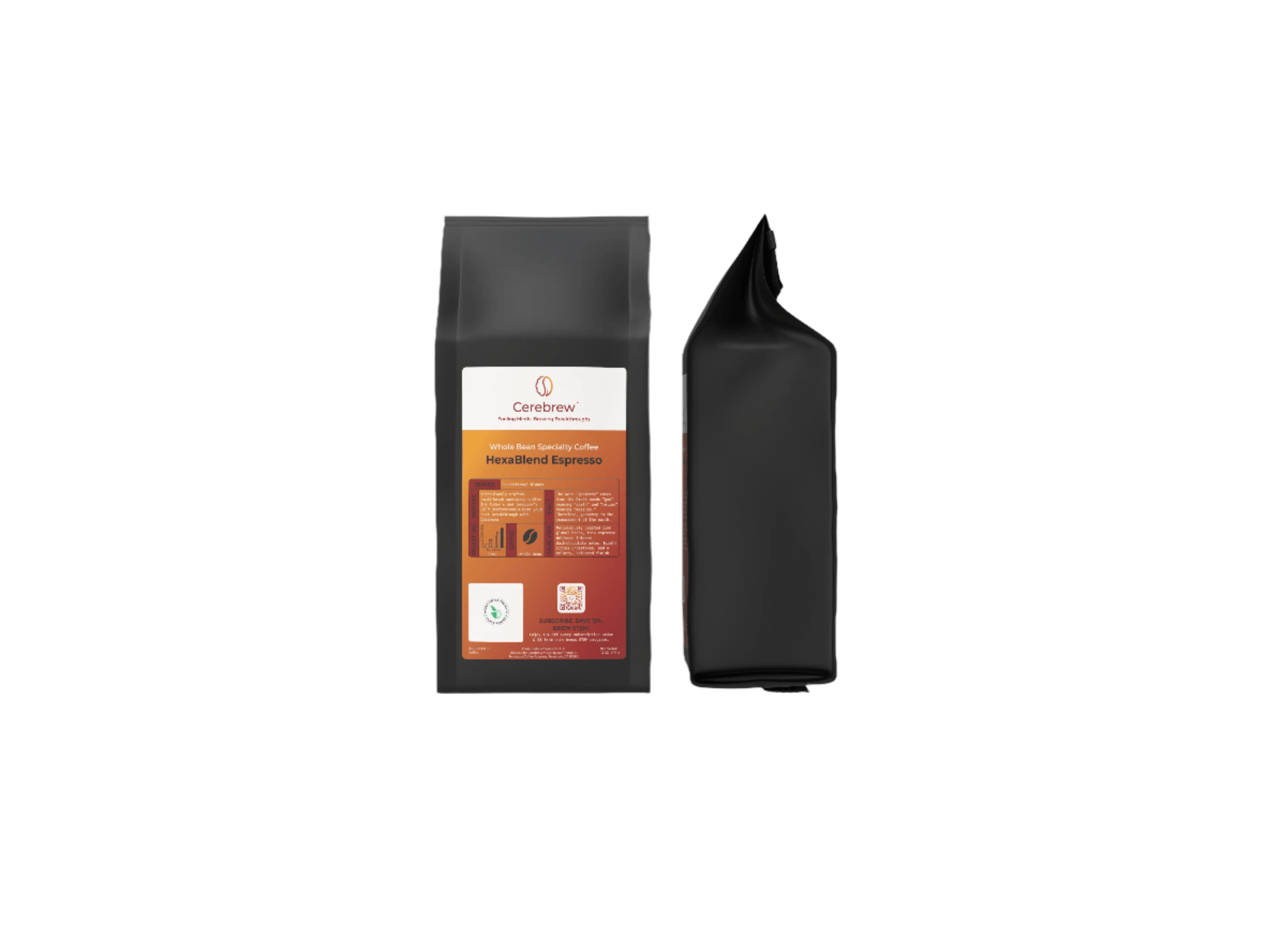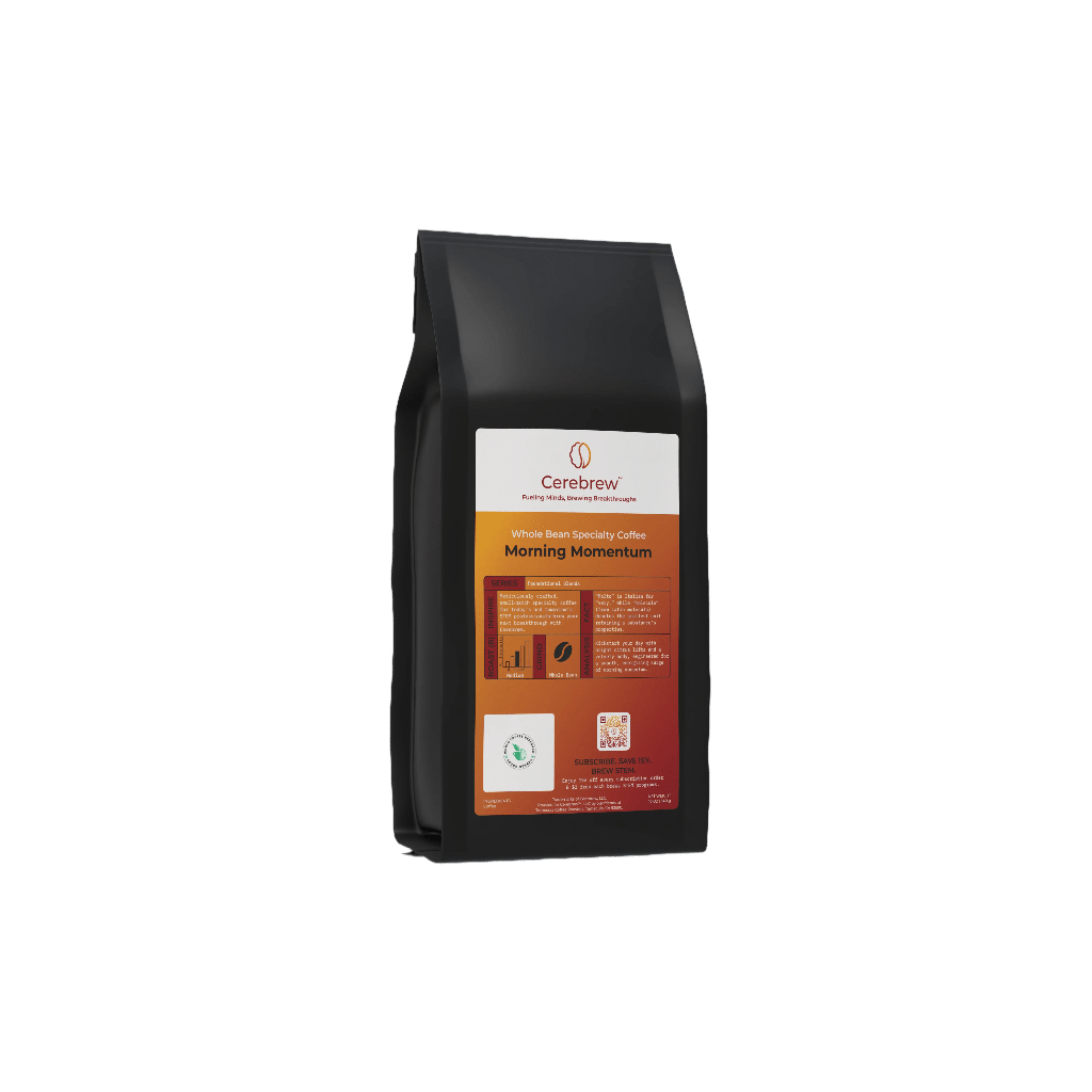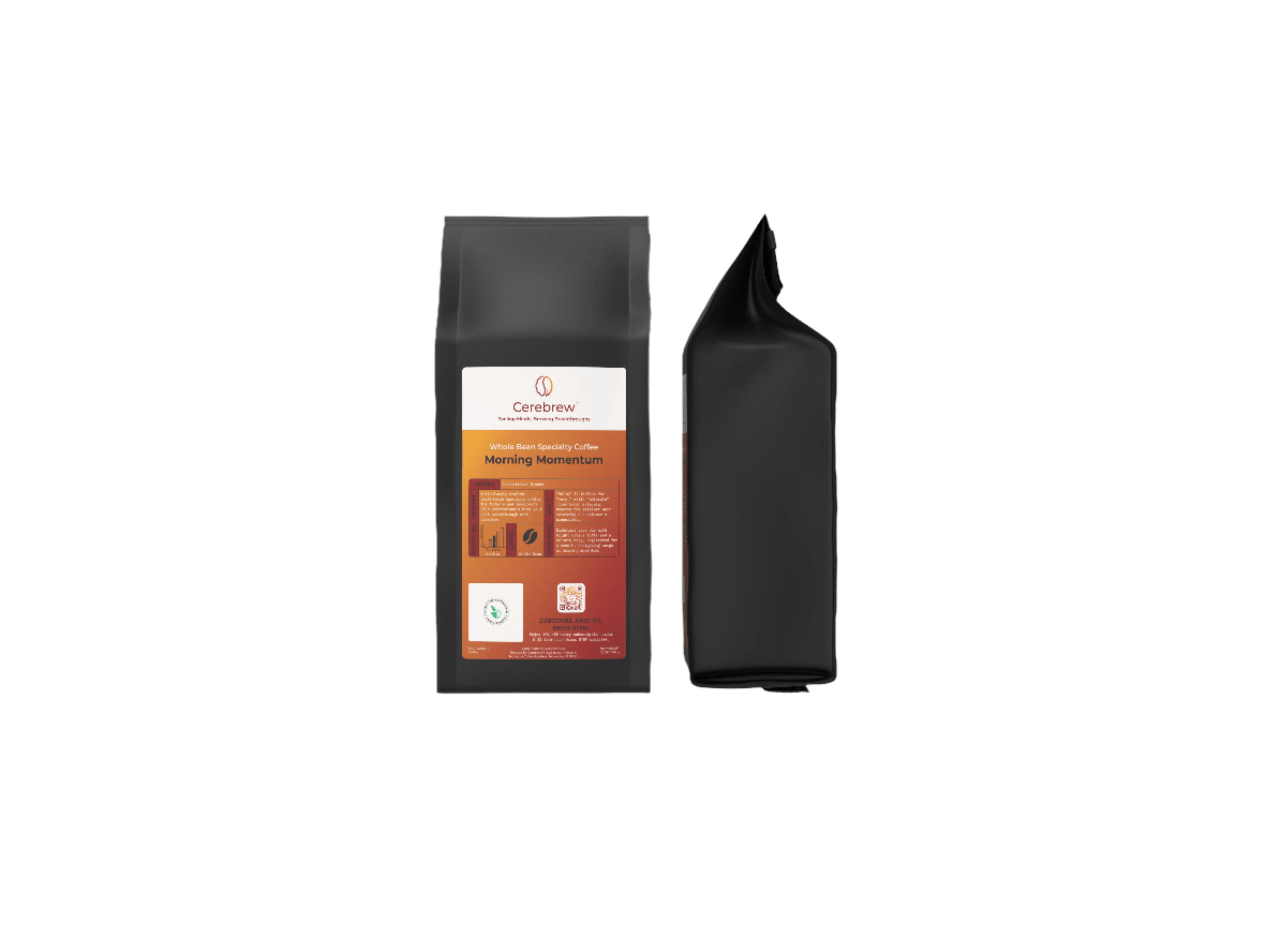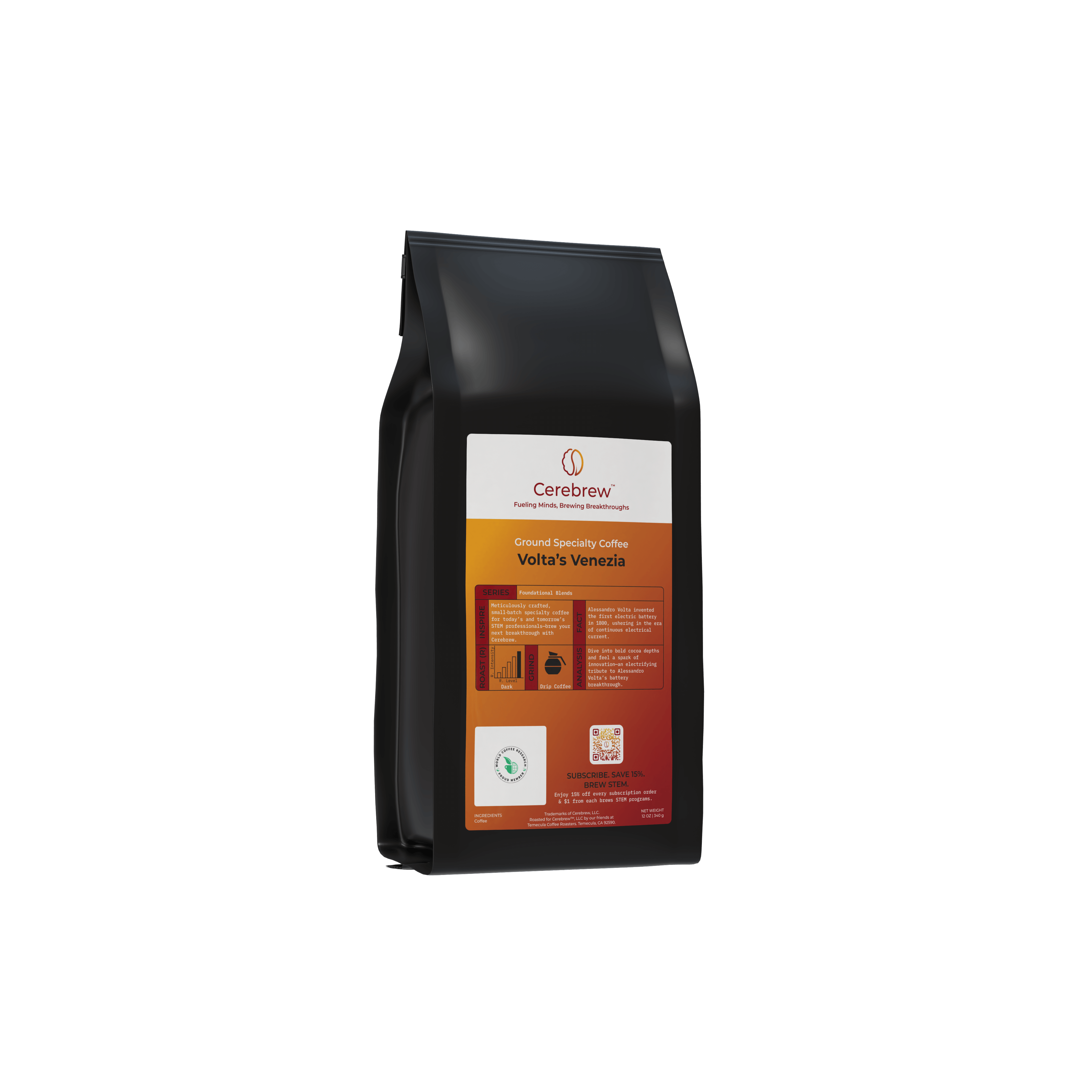Using coffee grounds in your garden has become a popular trend among plant enthusiasts and gardeners. But are coffee grounds truly beneficial for plant health, or is it just a myth? In this article, we'll explore the potential benefits and drawbacks of using coffee grounds for plants, helping you make an informed decision about incorporating them into your gardening routine.
Nutrient Boost
Coffee grounds are rich in essential nutrients like nitrogen, potassium, and phosphorus, which are crucial for plant growth. When added to soil, these nutrients can help improve the overall health and vigor of your plants. Nitrogen, in particular, is important for leafy growth, making coffee grounds an excellent addition for plants that thrive on lush foliage.
Soil Improvement
Coffee grounds can enhance soil structure by improving drainage and water retention. They help create a crumbly texture that allows roots to spread more easily, leading to healthier plant growth. Additionally, coffee grounds can increase the organic matter in the soil, promoting beneficial microbial activity that aids in nutrient cycling.
Pest Deterrent
Some gardeners claim that coffee grounds can help deter pests like slugs and snails. The abrasive texture of the grounds may deter these creatures from crawling over your plants, offering a natural and eco-friendly pest control solution.
Potential Drawbacks
Acidity Concerns
One common concern with using coffee grounds for plants is their acidity. Fresh coffee grounds are acidic, which could potentially alter the pH balance of your soil. However, used coffee grounds are closer to neutral pH, making them safer for most plants. It's essential to monitor soil pH levels and avoid overloading your garden with coffee grounds, especially if your plants prefer alkaline conditions.
Risk of Mold
If coffee grounds are applied too thickly or are not mixed well into the soil, they can create a barrier that traps moisture and encourages mold growth. To prevent this, it's important to incorporate coffee grounds into the soil or compost pile thoroughly, allowing for proper aeration and decomposition.
Best Practices for Using Coffee Grounds
To maximize the benefits of coffee grounds for plant health, it's best to use them in moderation. Here are a few tips:
- Mix coffee grounds with other compost materials to balance nutrient levels and avoid potential acidity issues.
- Apply a thin layer of coffee grounds around the base of your plants, ensuring they are well integrated into the soil.
- Regularly check soil pH and make adjustments as needed, particularly if you have plants with specific pH requirements.
In conclusion, coffee grounds can be a valuable addition to your gardening toolkit, provided they are used wisely. By understanding both the benefits and potential drawbacks, you can enhance your plant care routine and enjoy a thriving garden.
Have you tried using coffee grounds in your garden? Share your experiences in the comments below!










